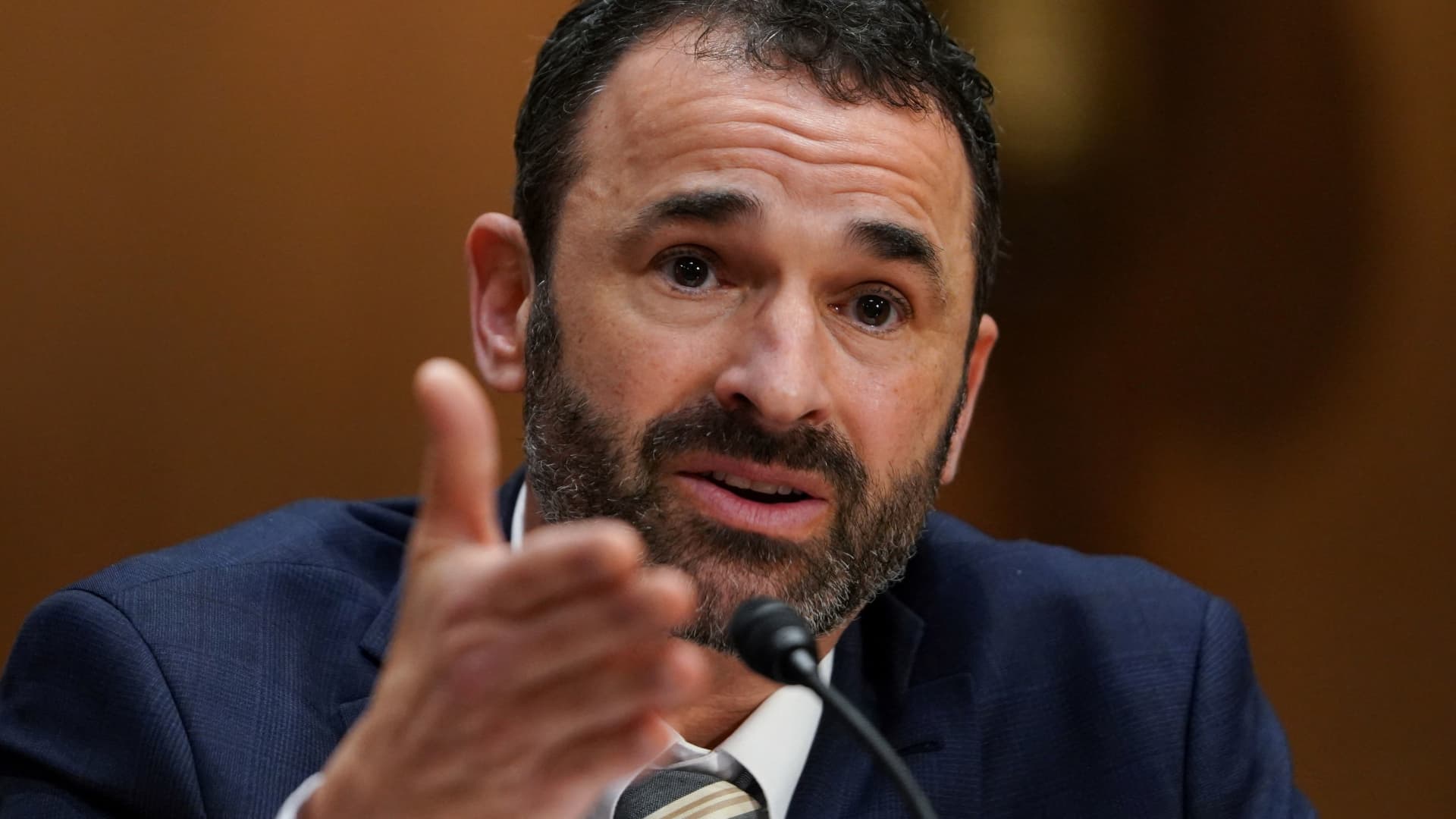As the tax season kicks off next week, Americans have several free filing options — and some taxpayers will soon qualify for a new offering from the IRS.
Known as Direct File, the agency’s free filing software pilot will begin as an invitation-only service for a group of government workers before rolling out to certain taxpayers in 12 states by mid-March.
The software is “simple, secure and free,” Laurel Blatchford, the U.S. Department of the Treasury’s chief implementation officer for the Inflation Reduction Act, said in a statement Thursday.
Direct File comes after a feasibility report authorized by the Inflation Reduction Act. The report found nearly three-quarters of taxpayers expressed interest in a free IRS-provided filing system.
In 2023, individual U.S. taxpayers spent an average of $150 to prepare and file returns, according to the Treasury Department.
The IRS on Thursday provided a Direct File demo to CNBC and other media outlets. Here’s what taxpayers can expect for the upcoming season.
Direct File is ‘starting small’ with 12 states
The IRS Direct File pilot intentionally starts with a limited group of taxpayers with relatively simple filings, according to IRS officials.
“We’re starting small: as the filing season begins, the pilot is undergoing continuous testing with taxpayers, so we can identify and resolve issues,” IRS Commissioner Danny Werfel said in a statement Thursday.
Eligible states will include Arizona, California, Florida, Massachusetts, Nevada, New Hampshire, New York, South Dakota, Tennessee, Texas, Washington and Wyoming.
While Direct File won’t cover state returns, Arizona, Massachusetts and New York residents can immediately continue to state filing by importing Direct File data. California residents will use CalFile with some pre-populated information.
“We will be working closely with the 12 pilot states in this test run, which will help us gather information about the future direction of the Direct File program,” Werfel said.
Who qualifies for IRS Direct File
Residents of eligible states with a simple, straightforward return can qualify. The pilot will start with limited types of income, credits and deductions, IRS officials said.
While only certain taxpayers can use Direct File, the bilingual software includes built-in live chat support with IRS assistors.
The pilot will only accept Form W-2 wages, Social Security retirement income, unemployment earnings and interest of $1,500 or less. This means the pilot won’t include anyone with gig economy work or business income.
You must claim the standard deduction to use the Direct File pilot and the system only accepts a few credits — the earned income tax credit, child tax credit and credit for other dependents. The software also accepts tax breaks for student loan interest and educator expenses.
